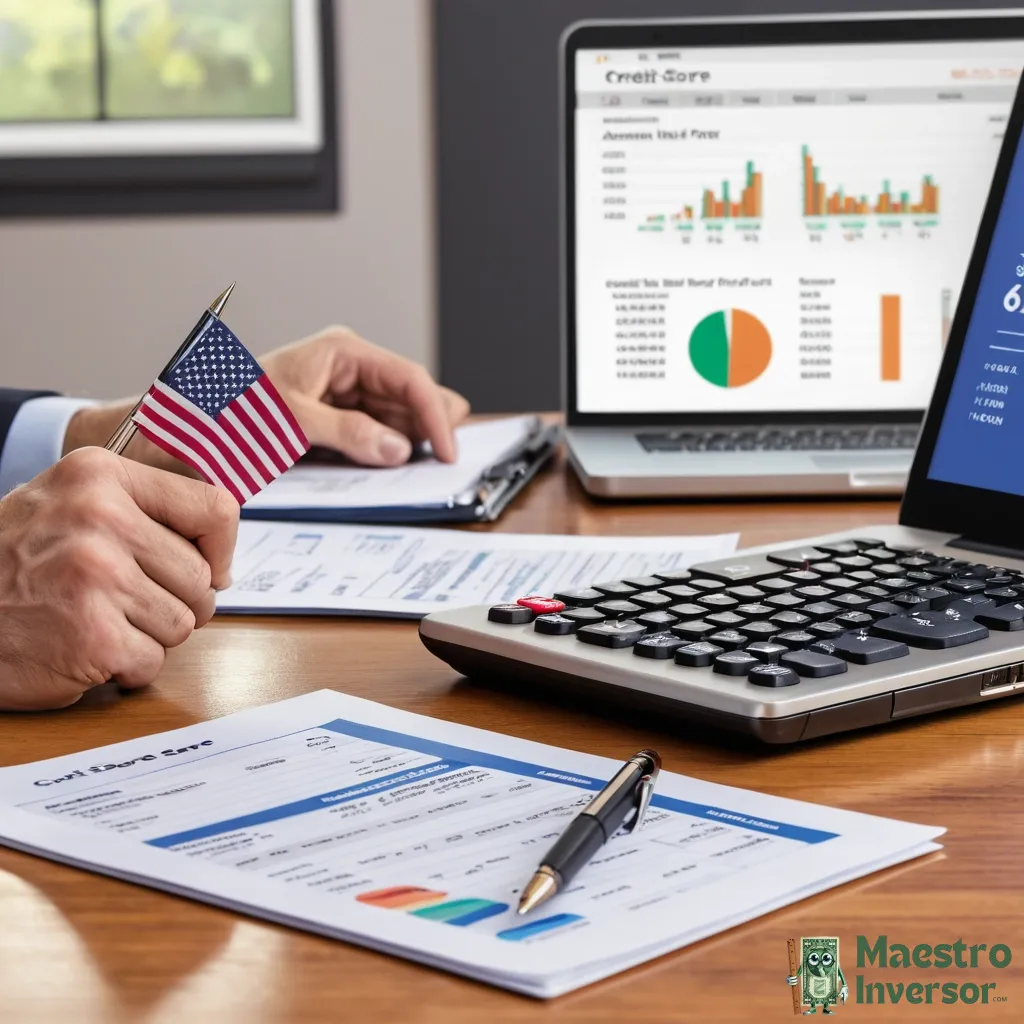
For entrepreneurs and small business owners, obtaining financing is a crucial step in getting their ventures off the ground or expanding their existing operations. One popular option for securing funds is through the Small Business Administration (SBA) loan program. The SBA offers several loan programs, each with its own set of requirements and benefits, but one of the most significant considerations for potential borrowers is their credit score. A good credit score can make all the difference in getting approved for an SBA loan, as it provides lenders with an indication of the borrower’s creditworthiness and ability to repay the loan.
Understanding Credit Scores and SBA Loans
Credit scores are a three-digit number that represents an individual’s or business’s credit history and financial reliability. The most commonly used credit score is the FICO score, which ranges from 300 to 850. In general, a higher credit score indicates better credit and a lower risk for lenders. When it comes to SBA loans, lenders typically consider both personal and business credit scores, if applicable. The SBA does not have a strict minimum credit score requirement, but lenders may have their own standards, which can vary depending on the loan program and other factors.
Factors That Influence SBA Loan Approval
While credit score is an essential factor in SBA loan approval, it is not the only consideration. Lenders will evaluate several factors, including:
- Business plan and industry
- Financial statements and cash flow
- Collateral and assets
- Management experience and expertise
- Loan amount and repayment terms
These factors can impact the lender’s decision to approve or deny an SBA loan application, and a strong credit score can help offset weaknesses in other areas.
SBA Loan Programs and Credit Score Requirements
The SBA offers several loan programs, each with its own set of requirements and benefits. Some of the most popular SBA loan programs include:
- SBA 7(a) Loan Program: This is the SBA’s most popular loan program, offering up to $5 million in financing for a variety of business purposes.
- SBA 504 Loan Program: This program provides long-term, fixed-rate financing for major assets, such as real estate or equipment.
- SBA Microloan Program: This program offers smaller loans, up to $50,000, for start-ups or small businesses.
While the SBA does not have strict minimum credit score requirements, lenders may have their own standards, which can vary depending on the loan program. For example, some lenders may require a minimum credit score of 620 for an SBA 7(a) loan, while others may require a minimum score of 680 or higher.
Minimum Credit Score Requirements for SBA Loans
Based on lender requirements and industry standards, here are some general guidelines for minimum credit score requirements for SBA loans:
- SBA 7(a) Loan Program: 620-680
- SBA 504 Loan Program: 650-700
- SBA Microloan Program: 550-650
Keep in mind that these are general guidelines, and actual credit score requirements may vary depending on the lender and other factors.
Improving Your Credit Score for an SBA Loan
If your credit score is not ideal, there are steps you can take to improve it and increase your chances of getting approved for an SBA loan. Some tips include:
- Check your credit report and dispute any errors
- Pay your bills on time and make payments consistently
- Reduce debt and avoid new credit inquiries
- Monitor your credit utilization ratio and keep it below 30%
By following these tips and maintaining good credit habits, you can improve your credit score over time and become a more attractive candidate for an SBA loan.
Conclusion
In conclusion, while there is no strict minimum credit score requirement for SBA loans, a good credit score can significantly improve your chances of getting approved. By understanding the factors that influence SBA loan approval and taking steps to improve your credit score, you can increase your chances of securing the financing you need to grow and succeed in your business venture. Remember to research and compare lenders, as well as consider alternative loan options, to find the best fit for your business needs.

